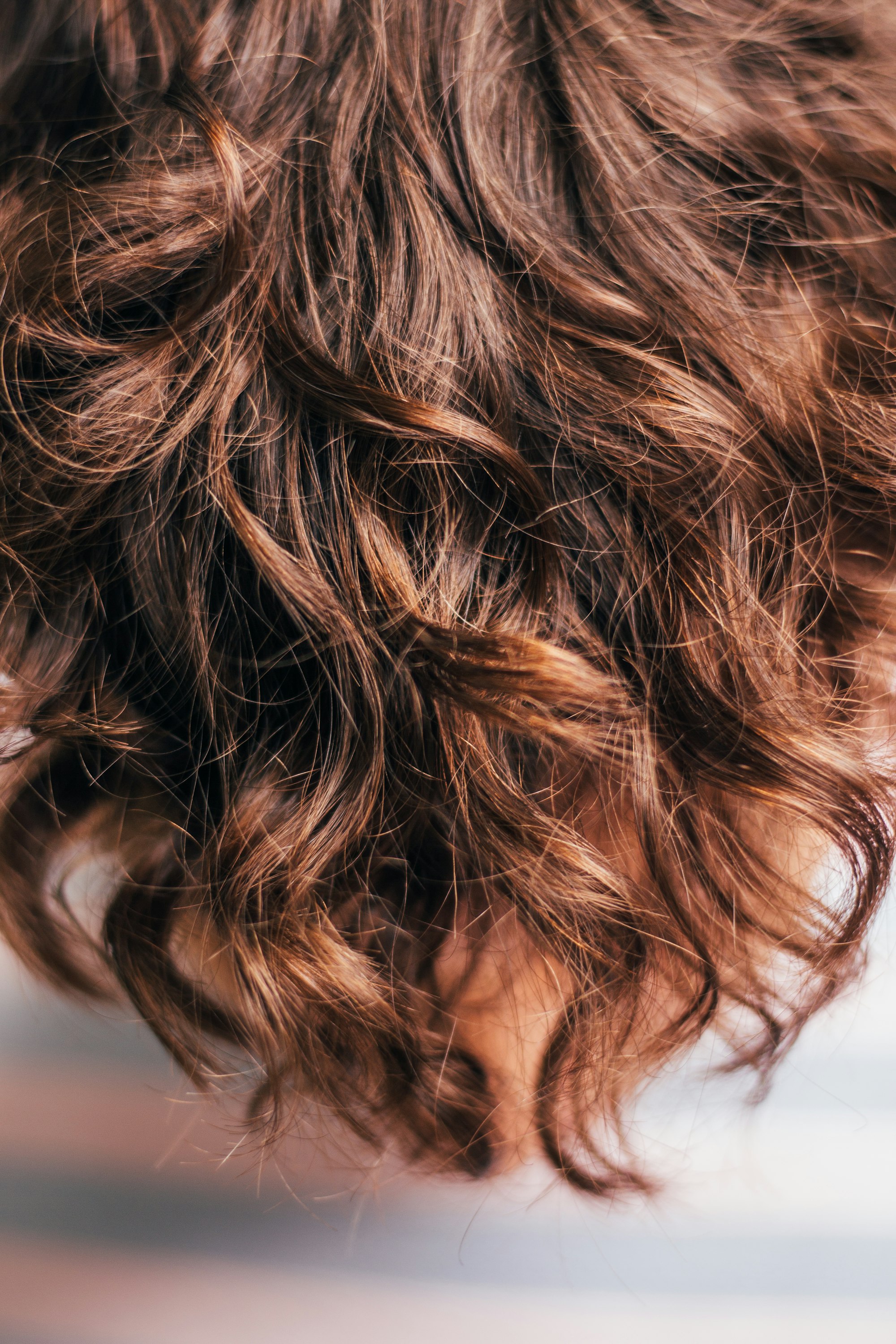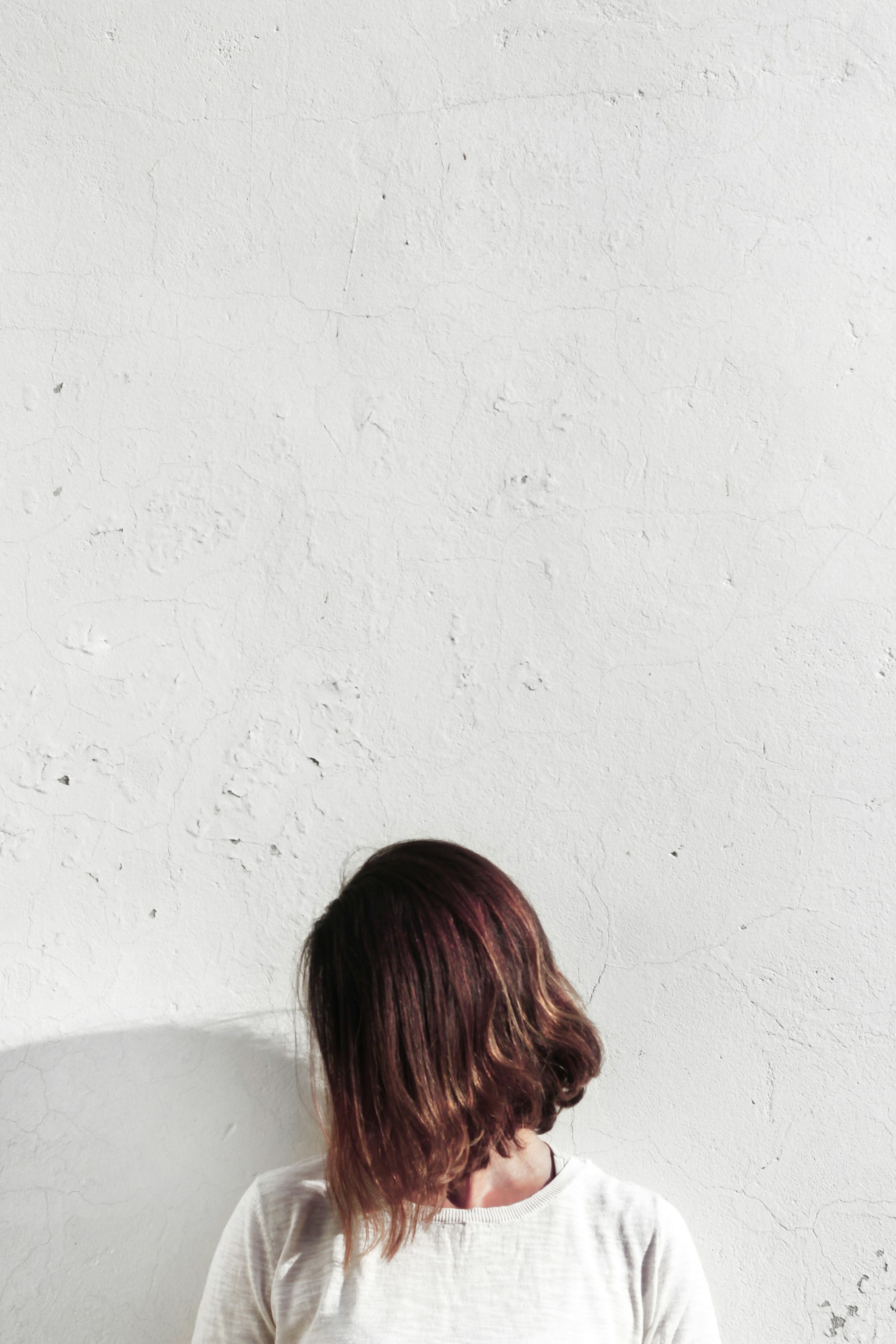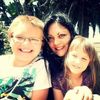Hair Loss While Breastfeeding - Is It Normal?
Most mothers lose hair after giving birth (especially three months postpartum) whether they breastfeed or not. Hair loss after pregnancy is normal and temporary and most times a mother will return to her usual hair growth cycle between 6 and 12 months after giving birth.

If you are losing hair, thinking that it’s breastfeeding that’s causing it, let me put your mind at ease, it is not.
Most mothers lose hair after giving birth (especially three months postpartum), whether they breastfeed or not. Hair loss after pregnancy is normal and temporary; most times, a mother will return to her usual hair growth cycle between 6 and 12 months after giving birth.

Breastfeeding Hair Loss
So why are you losing hair?
During pregnancy, your hair growth usually increases dramatically, resulting in more hair loss post-pregnancy. So in actual fact, you are just losing the extra hair, and your hair growth is returning to its pre-pregnancy fullness.
Mothers who find they had much thicker hair during pregnancy might experience more extreme hair loss after childbirth. If you are anxious about your hair falling out after pregnancy and are still losing hair a year after birth, you should consult your doctor; hair loss could also result from postpartum iron deficiency, postpartum depression, or hypothyroidism is quite common in postpartum women.
Hair Loss After Weaning
Something else that might cause hair loss is weaning from breastfeeding, which creates a hormone fluctuation. Breastfeeding hair loss should stop within a few months.

The Tushbaby Hip Carrier
With its ergonomic design and comfortable waistband, Tushbaby provides optimal support for you and your baby. Say goodbye to shoulder and back pain from traditional carriers, as Tushbaby evenly distributes your baby's weight, relieving strain and promoting better posture.
What to Do?
- Get yourself a proper quality shampoo and conditioner, and maybe even treat yourself with a good quality hair treatment.
- Try a different haircut or keep your hair short for easy maintenance.
- Avoid brushing your hair while it is wet.
- It would help if you continued to take your multivitamins after pregnancy.
- Eat well, don’t deprive your body, or try to lose weight while breastfeeding. Your body needs extra calories daily. Use our calorie calculator for breastfeeding. Make sure you are consuming nutritious foods that contain everything you need.
- Avoid using chemicals on your hair. Avoid curling irons or dryers, which may damage your hair even further.
- Using essential oils to prevent hair loss.
Comments
Lost Hair During Pregnancy and Postpartum
"While I was pregnant with twins during the second trimester, I was shedding like crazy.
Every day I collected bunches of hair, and I thought I was going bald. No one could tell me why I was losing hair - during pregnancy, was supposed to get thicker?
I don't know what to do, and I already see a lot of bald spots."
Re: Hair loss
by: Tracy
"Hi, are you still taking prenatal vitamins? It is recommended to continue with them for at least six months postpartum.
Blood tests can reveal if you are low in vitamin D, zinc, or iron, which is often responsible for hair loss.
Have you taken blood tests? I would suggest it."
Severe Hair Loss
by Reena (UAE)
"My baby is 16 months, and I am still weaning. But I am very depressed at how much hair fall I experience daily.
I have a history of having been treated for polycystic ovaries. I was also diagnosed to have a fibroid at the time of pregnancy.
Please guide me on what needs to be done.
Regards,
Reena"
Re: Severe Hair Loss
By Tracy
"Hi Reena, the falling out of hair will seem more than usual because PCOS causes excessive hair growth.
Any significant event, such as childbirth, major surgery, or excessive stress, can cause over 90% of your hair to switch from the growth phase to the shedding phase. Your hair growth cycles should normalize about three months after the event.
This process is called telogen effluvium. It is common to lose bunches of hair daily with full-blown telogen effluvium. Thankfully, this type of hair loss is usually reversible.
Diet and exercise are essential to maintaining the best hormonal balance. Research states that there is no therapy better for women with PCOS than proper diet and exercise. Only after this is in order should you think of alternative treatment."
